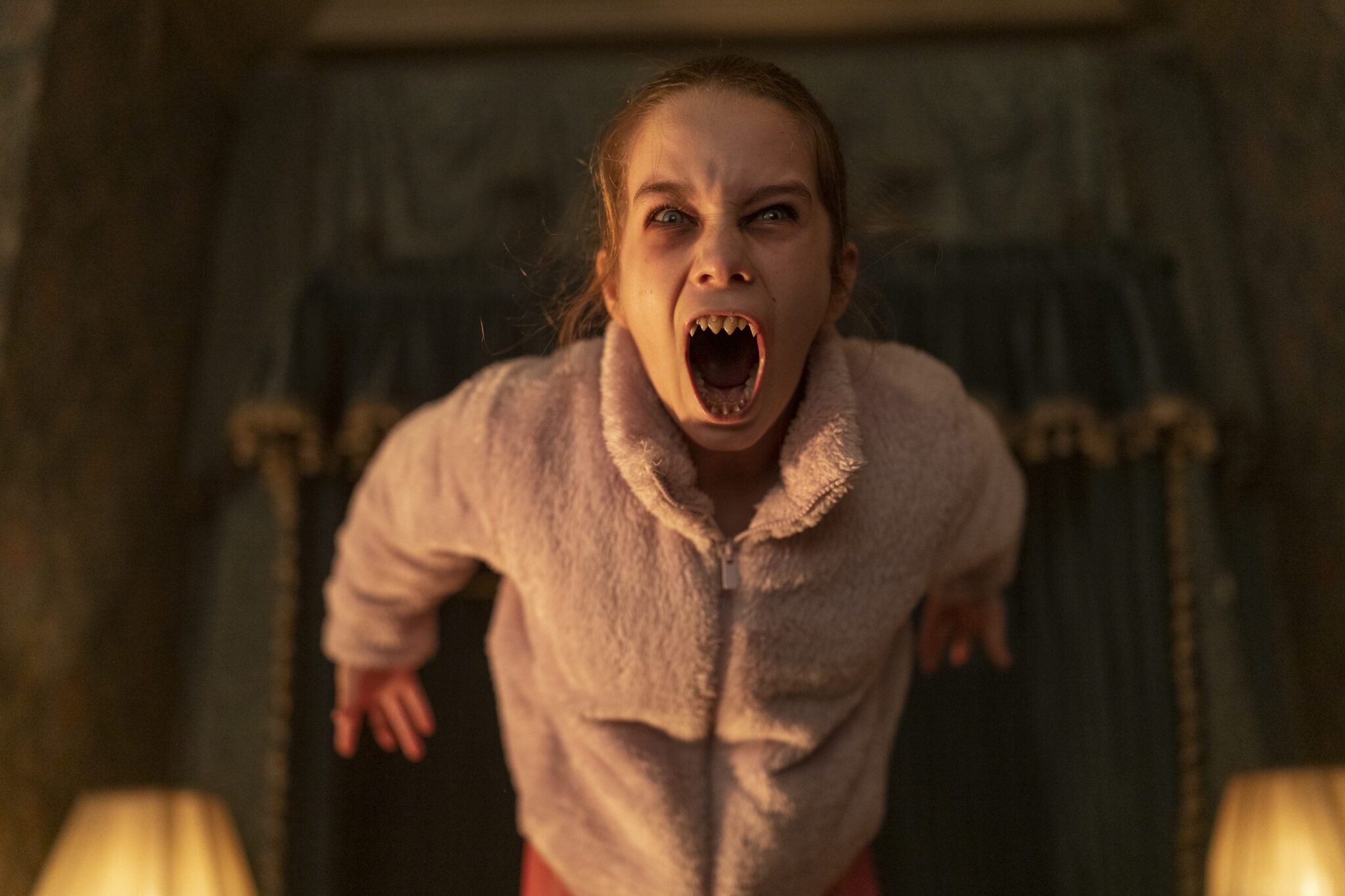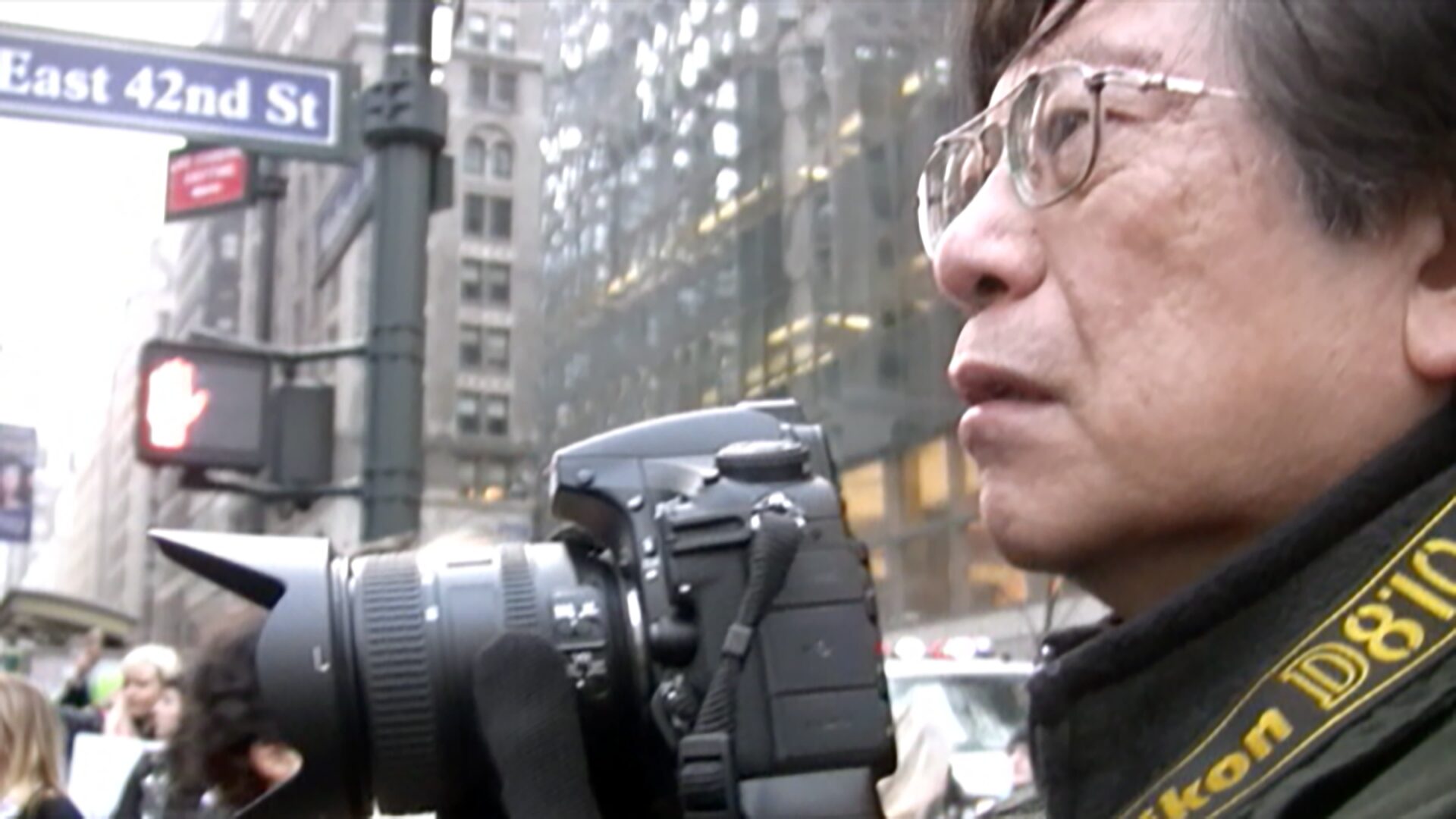
For the last thirty years, James Bond has captured my attention, with the mix of courage, violence, wit, and debonair charm of George Lazenby, Sean Connery, Roger Moore, Timothy Dalton, Pierce Brosnan, and, most recently, Daniel Craig. I have in fact written more on the character than on just about anything else (short of Star Wars, or comic book heroes) from a faith perspective, arguing that the character has changed over time, developing from the “blunt instrument” that Ian Fleming created into a force of nature with ethical considerations in his integration in the world. This week, I returned to the theater for the first time in eighteen months -a sacred, quiet, dark, safe place that always entertains, but often challenges, too. In Craig’s last foray into the Bondverse, the character’s heart and soul are tested, and in true heroic fashion, he rises to the occasion.

The studio would argue that No Time to Die stands alone; I would humbly propose that this is the culmination of a storyline begun in Casino Royale in 2006, and that audiences must know that Bond has already lost one “love of a lifetime” in Vesper Lynd, that Bond’s foster brother Ernst Stavo Blofeld (Christoph Waltz) became his archenemy, that Bond has always followed orders broadly while veering off the path when he believed it necessary. That makes the opening salvo of the film, where Bond and Madeline Swann nee White (again, see the previous films for more L?a Seydoux) are making moves to leave their pasts behind and move forward into a unified future, stand out as both problematic and unlikely, while also bittersweet. Of course, their love affair is interrupted, not unlike Lazenby’s attempt at settling down in On Her Majesty’s Secret Service, with Hans Zimmer sounds echoing the music there as well.

Of course, we know Bond isn’t really going to settle down, not in the first fifteen minutes of a nearly-three-hour-long film. But he does end up settling down momentarily in Jamaica, throwing back to previous installments Dr. No and Live and Let Die, until his old friend and former CIA accomplice Felix Leiter (Jeffrey Wright) comes calling. Soon, Bond is out to save the world again because anything involving Blofeld’s SPECTRE agency triggers all kinds of feelings – anger, hate, revenge, sorrow, and righteous courage. Of course, the plot gets complicated with several layers of espionage and film plotting.

A MI6 scientist has manufactured nanobots that bonds DNA to a toxic bioweapon called Project Heracles, allowing the possessors of the weapon to target specific people through their genes. Bond has been replaced as 007 by Lashana Lynch as Nomi, who resents the former agent’s laissez faire attitude about rules and authority, womanizing and violence. And the newer M (Ralph Fiennes) has duplicitously fashioned several missions that firmly plant the British intelligence community in the same bed as SPECTRE. On their own, these would be interesting things to explore in director Cary Joji Fukunaga’s film, written with Neal Purvis and Robert Wade (who began writing the Bondverse in 1999’s The World is Not Enough, whose lead female Sophie Marceau as Elektra King, echoes in Seydoux’s Swann.)

That provides the backbone for the action that will happen, for the introduction of Rami Malek’s Lyutsifer Safi, who has mastered biochemicals and has various nefarious beliefs he longs to fulfill with Heracles, and for the pulse-pounding finish that audiences expect from a Bond film, certainly Craig’s last outing. That doesn’t even touch on the one-eyed henchman named Primo who comes hard after Bond, or the renewing of relationship between Bond and both Q and Moneypenny. It doesn’t acknowledge that somehow Fukunaga (True Detective, It) keeps the film moving, keeps it witty, keeps the audience guessing about what razor sharp turn Bond will take in a car, on a bike, in a plane, or on foot.

But I left the theater spent. Maybe it’s the eighteen months away from the theater; maybe it’s the culmination of the story arc. Maybe it’s all the ways that make this film the perfect ending for James Bond. There will be more movies, more books, more adaptations. But I’d be okay if it ended right there, overlooking a magnificent island, with Bond standing up to the world that has been and the world that is, on behalf of a world that could be.
For more, keep reading, but be aware – SPOILERS.

As Bond and Swann discuss a mutual sharing of secrets in Matera, Italy, the tradition of burning notes about the past is mentioned in passing — and suddenly both Bond and Swann are committing moments in their lives to paper that they want to leave behind. Bond’s message is short – “Forgive me” – written to Lynd, meant as an offering to Lynd, a reckoning for the way he had a role in her death. One could argue that it’s not Bond’s fault that Lynd is dead; what matters more is that Bond feels responsible, wrestling with guilt and shame over the way his actions contributed, and one could add: for the way he’s treated the women in his life for the last twenty-five films. That need for forgiveness drives Bond to her tomb, and launches the movie in its Biblically apocalyptic arc aimed at annihilation.
Bond’s relationships end up in the crosshairs of the movie from the beginning, and that never lets up. His relationship to Blofeld, to Swann, to M, to his team in London, to those who’ve gone before him – they all seem to float up around him, even those who’ve passed, like ghosts sent to judge him for the decisions he has made. There’s more to lose here than ever before, like Bond suddenly jumped off the comic pages (okay, he can still take a superhero-like beating) into the reality of the world. Bond is going to lose things; Bond is going to lose people, like Leiter. And the weight of the world rests firmly on his shoulders, even as he recognizes that he’s the only one who can stop SPECTRE, that he’s on the Earth for one purpose.

M’s epitaph for Bond’s career (and Bond the man) comes from Jack London: “The proper function of man is to live, not to exist. I shall not waste my days in trying to prolong them.”
The reality is that Bond knows he hasn’t really lived, that he’s fought and bled and nearly died, but not really lived. It’s like the Bondverse version of Luke 17:33 “Whoever tries to keep their life will lose it, and whoever loses their life will preserve it.” Bond ends up giving up his life, but really getting it back in return because he doesn’t hold onto it too tightly.

In what might be one of the chattiest Bond films ever, even with all of the panoramic views around him and the excellent action stunts, Craig’s Bond proves to be sentimental, even in the midst of his own pragmatism. This Bond has always been alone, always been away from the crowd. He’s lost his “mother,” at least three “brothers,” and yet he never had anything to leave the world until now, thanks to beautiful little Mathilde. Bond has been without a tribe, without a people, always alone — and this time out he teams with several others, before settling on the realization that the Swanns are his family, that he is not alone.
The Bond arc can end, not because of a contract expiring or the weariness of playing the part, but because the solo blunt instrument of destruction has become a husband-like father figure with emotive responsibility for others. Bond has completed his mission, he’s fulfilled his purpose, and now he can leave the world in peace, better than he found it.
For Queen, country, and family.




